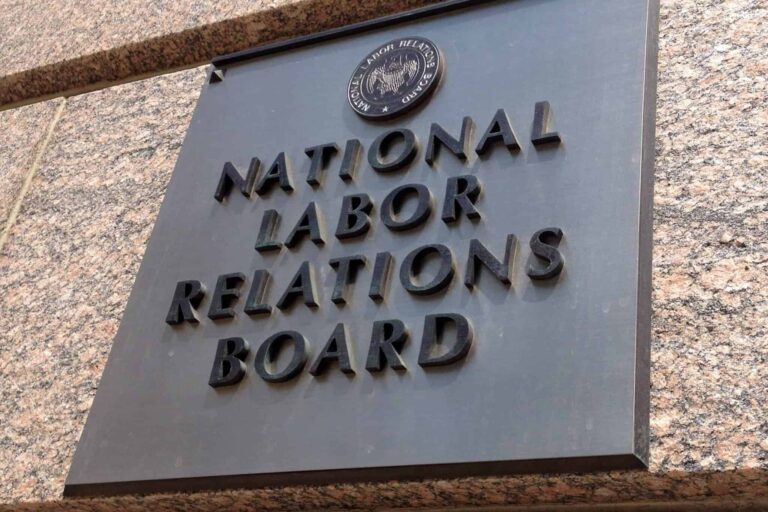Everest Fang is a student at Harvard Law School.
In today’s news and commentary: the Tenth Circuit upholds the Biden Administration’s minimum wage for seasonal recreational contract workers, fired Google employees file an NLRB complaint, and the vote to unionize a Chicago Trader Joe’s is indeterminate.
Yesterday, the Tenth Circuit upheld a U.S. Department of Labor rule requiring government contractors to pay seasonal recreational workers at least $15 an hour. The rule implemented President Joe Biden’s 2021 Executive Order raising the minimum wage for workers on federal contracts to $15 an hour, and eliminating a Trump-era exemption for seasonal recreational employers. Rafting companies challenged the elimination of the exemption in 2021, arguing that forcing recreational firms to pay workers $15 per hour would limit the services they provide and raise their costs. The Tenth Circuit reasoned that the Department had addressed those concerns in the rule, which asserts that higher wages reduce worker absenteeism and turnover, and increase the quality of services provided to the government and the public. In dissent, Judge Allison Eid argued that the Procurement Act is unconstitutional for failing to impose limits on the President’s procurement power.
On Monday, dozens of Google employees who were fired for protesting the company’s cloud computing contract with the Israeli government filed a complaint with the NLRB. The single-page complaint alleges that by firing the workers, Google interfered with their rights to advocate for better working conditions. The company has fired about 50 employees for protesting at various office locations, some of whom were arrested. In their complaint, the workers seek to be reinstated to their jobs with back pay and a statement from Google that it will not violate workers’ rights to organize. The NLRB did not immediately set a timetable for reviewing the case.
In other news, the outcome of a closely-watched vote to unionize a Trader Joe’s on Chicago’s North Side is unclear after ballots were tallied late Monday. Workers voted 70 to 70, with one contested vote, which will determine whether the union succeeds. The NLRB will decide whether the vote is yes, no, or invalid; and only a yes vote will secure victory for the union. While Trader Joe’s management did not publicly oppose the Chicago effort, the grocery store chain is facing a litany of charges alleging anti-union tactics at other locations that have voted to organize. The NLRB has filed five complaints with 24 charges against Trader Joe’s since 2023.






Daily News & Commentary
Start your day with our roundup of the latest labor developments. See all
May 26
NCAA settlement allows revenue-sharing, direct payments; UAW invokes Cemex in Mercedes election challenge; Biden moves to secure Democratic NLRB majority through 2026.
May 24
San Diego finds success in a creative program to combat wage theft; workers at an Amazon warehouse file an unfair labor practice against Amazon for intrusive surveillance; the University of California seeks an injunction to end employees’ strike.
May 23
Federal court rejects first amendment defense to FLSA retaliation claim; Labor Secretary Su speaks on efforts to modernize unemployment insurance systems; and US Senate Judiciary subcommittee holds hearing on state of prison labor.
May 22
Amazon workers in Missouri file an unfair labor practice charge based on company surveillance, labor unions push for a repeal of corporate tax cuts, and Mary Kay Henry steps down as president of the Service Employees International Union (SEIU).
May 21
SpaceX's suit against NLRB heads to California again; UC Santa Cruz workers strike over Gaza protests; Amazon commits ULPs
May 20
Disneyland performers win a union; Congress keeps pilot retirement age at 65.